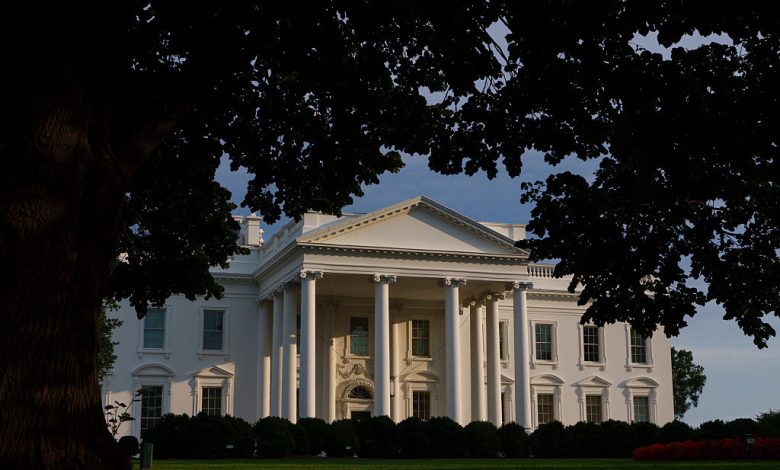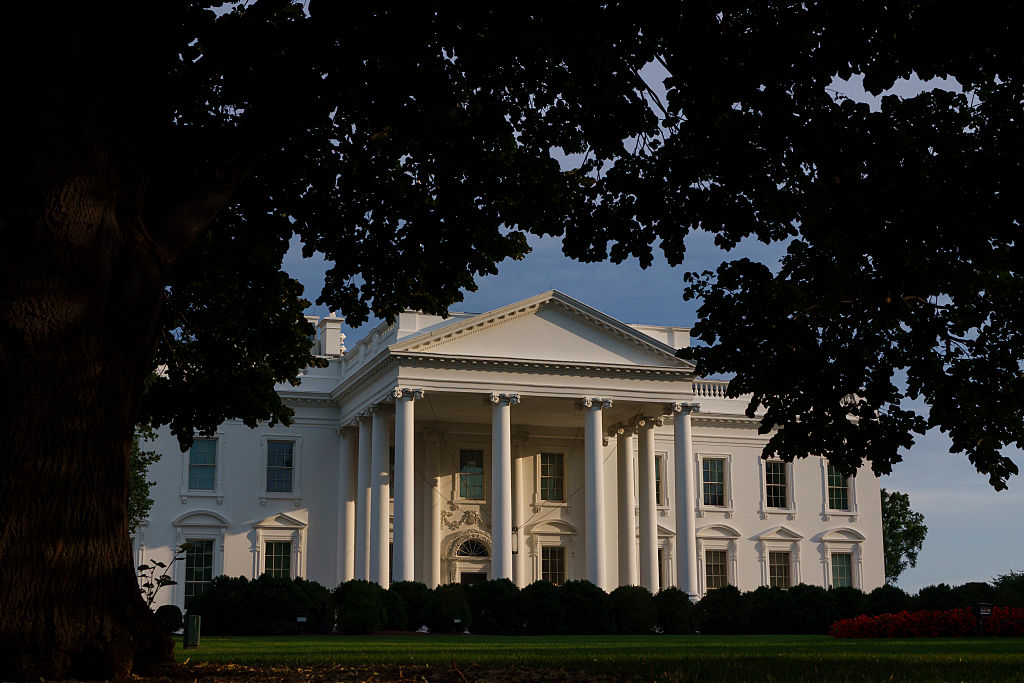Trump Administration Requests That Supreme Court Allow NIH To Cancel Grants Tied To DEI Efforts


The Trump Administration is moving to eliminate grants related to diversity, equity, and inclusion (DEI).
The Trump Administration is asking the Supreme Court in an “emergency application” to allow the National Institutes of Health (NIH) to cut millions of grants related to diversity initiatives, the New York Times reports. This would require blocking a ruling issued by U.S. District Judge William G. Young of the Federal District Court of Massachusetts, who views the current administration’s actions as racially discriminatory as well as prejudiced against LGBTQ+ individuals for cancelling various research grants around gender identity and health equity.
As AFROTECH™ previously reported, Florida A&M University (FAMU) lost $16.3 million in grant funding from the NIH, which had been renewed in 2024 and was scheduled to remain active through 2029. The grant was intended to help the HBCU’s pharmacy school and its Research Centers in Minority Institutions (RCMI) program, which produces 60% of the nation’s Ph.D. graduates in pharmaceutical sciences. Its cancellation was influenced by executive orders issued by President Donald Trump.
“The RCMI program plays a vital role in ensuring the state’s success by contributing to the pipeline of highly trained professionals in the healthcare industry,” FAMU Interim President Timothy Beard said in a statement at the time, according to the Tallahassee Democrat.
In Judge Young’s recent ruling, he stated that some of Trump’s cuts to the NIH are “void and illegal,” and throughout his 40 years serving as a federal judge, he has “never seen government racial discrimination like this,” notes The New York Times.
However, U.S. Solicitor General D. John Sauer informed the Supreme Court that he believes the case brought forward “presents a particularly clear case for this Court to intervene and stop errant district courts from continuing to disregard this Court’s rulings,” according to SCOTUSblog.
He continued, per the outlet, “‘As this Court explained [on July 23] when lower courts face materially identical stay requests, this Court’s emergency orders “squarely control[].” Our judicial system rests on vertical stare decisis’ — that is, the idea that lower courts should adhere to the precedents set by higher courts — rather than on ‘a lower-court free-for-all where individual district judges feel free to elevate their own policy judgements over those of the Executive Branch, and their own legal judgments over those of this Court.’”




